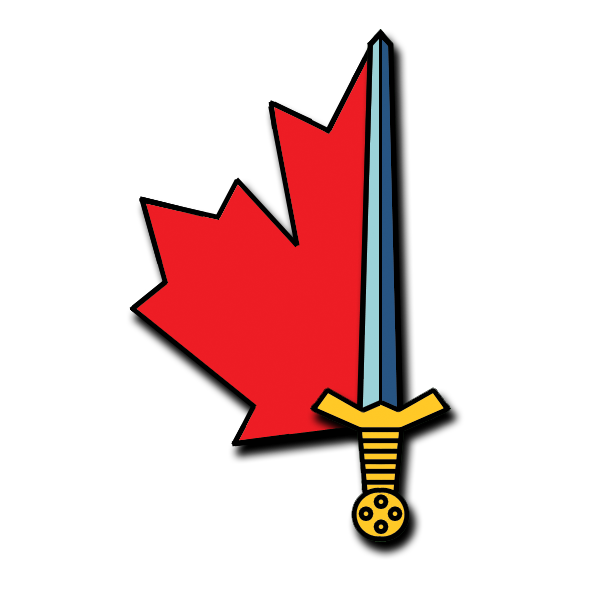The right of a
people to
self-determination[1] is a cardinal principle in modern
international law (commonly regarded as a
jus cogens rule), binding, as such, on the
United Nations as authoritative interpretation of the
Charter's norms.
[2][3] It states that peoples, based on respect for the principle of
equal rights and fair
equality of opportunity, have the right to freely choose their
sovereignty and international
political status with no interference.
[4]
Lumads in
Davao City marching for the right to self-determination as part of the
human rights in Philippines in 2008.
The concept was first expressed in the 1860s, and spread rapidly thereafter.
[5][6] During and after
World War I, the principle was encouraged by both
Soviet Premier Vladimir Lenin and
United States President Woodrow Wilson.
[5][6] Having announced his
Fourteen Points on 8 January 1918, on 11 February 1918 Wilson stated: "National aspirations must be respected; people may now be dominated and governed only by their own consent. 'Self determination' is not a mere phrase; it is an imperative principle of action."
[7]
During
World War II, the principle was included in the
Atlantic Charter, declared on 14 August 1941, by
Franklin D. Roosevelt, President of the United States, and
Winston Churchill, Prime Minister of the United Kingdom, who pledged The Eight Principal points of the Charter.
[8] It was recognized as an international legal right after it was explicitly listed as a right in the
UN Charter.
[9]
The principle does not state how the decision is to be made, nor what the outcome should be, whether it be
independence,
federation,
protection, some form of
autonomy or full
assimilation.
[10] Neither does it state what the
delimitation between peoples should be—nor what
constitutes a people. There are conflicting definitions and legal criteria for determining which groups may legitimately claim the right to self-determination.
[11]





